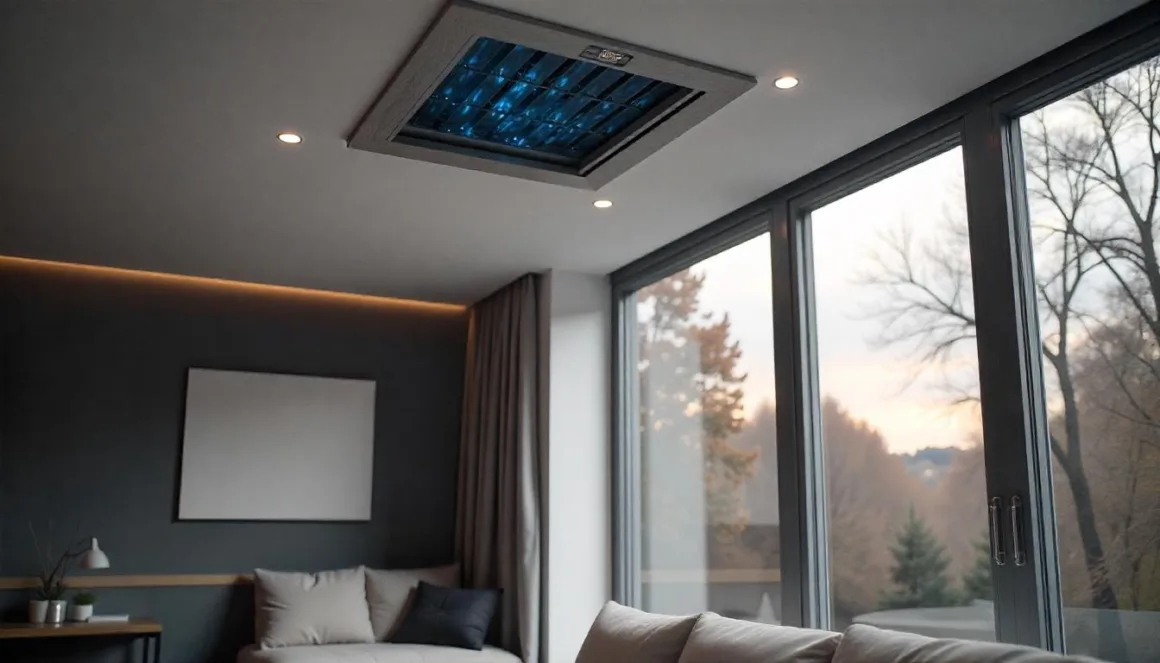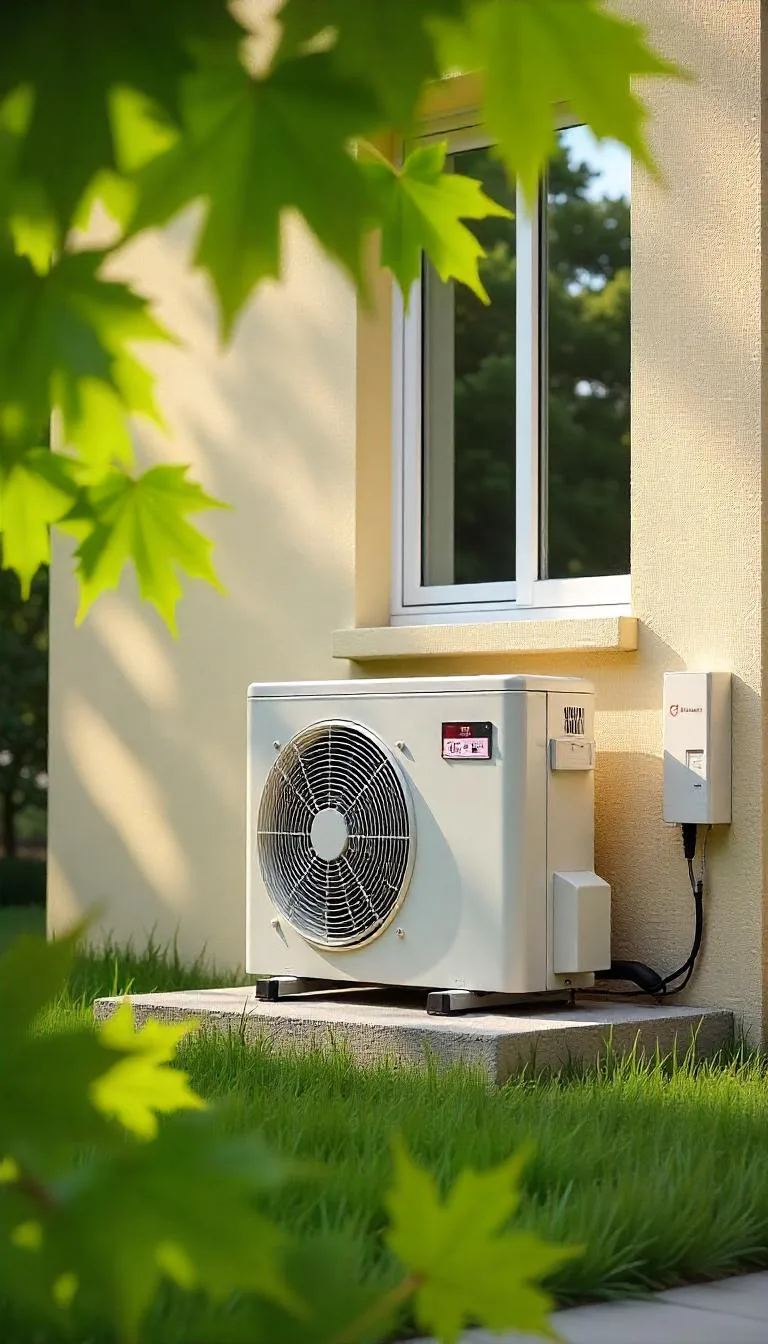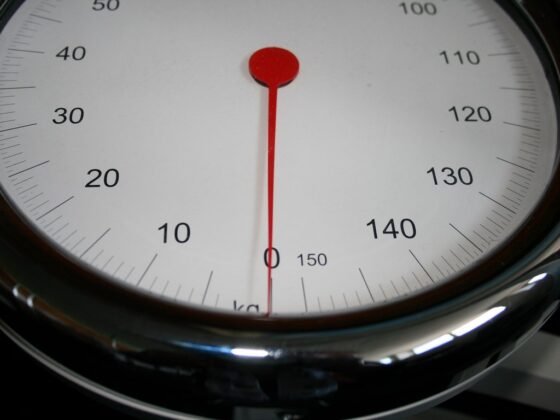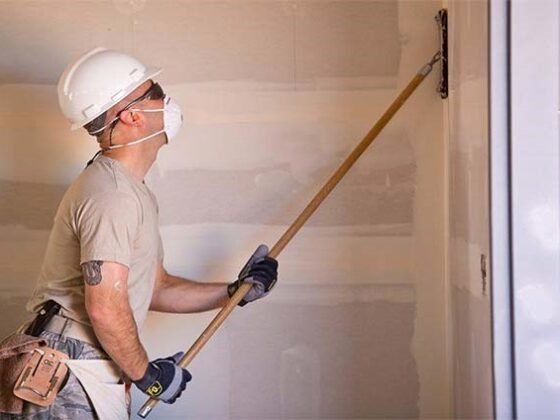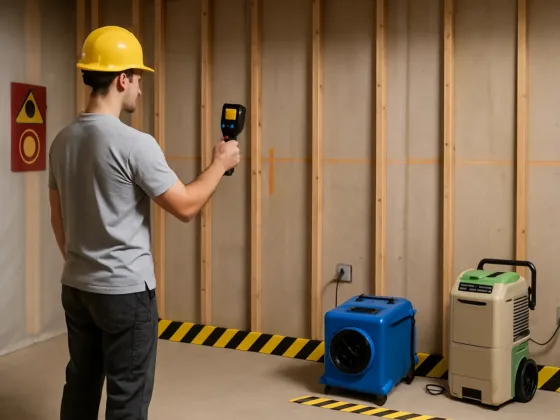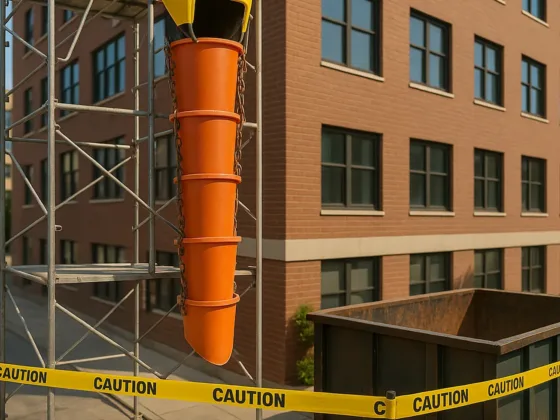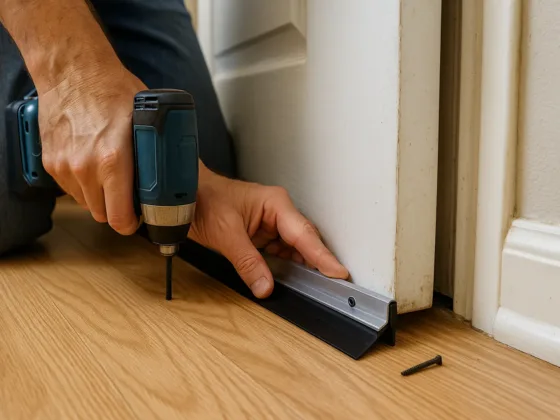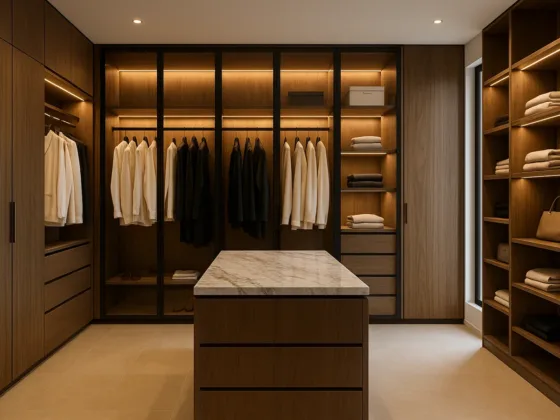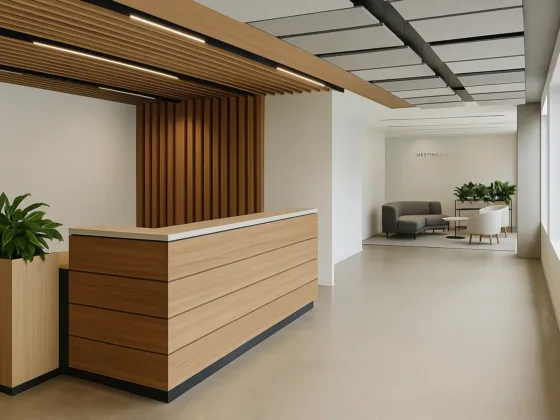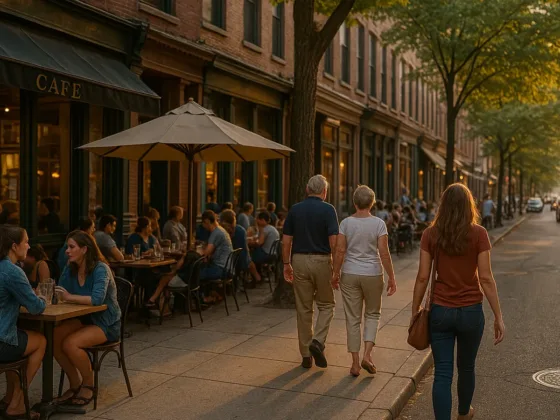Table of Contents Show
Alright, here’s the real-deal version, straight from someone who’s been through this sweaty mess:
Look, a decent air conditioning system is basically non-negotiable if you wanna stay sane in the summer. Once your AC starts groaning or running up your electric bill, it’s just more pain than gain. Honestly, swapping out that dinosaur for something new is an upgrade on, like, ten levels—cheaper bills, better air, and way less hassle. But picking the right one? Kinda stressful. It’s a chunk of change, and you don’t wanna end up regretting it, you know?
Why Bother Dumping Your Old AC?
Tech Has Leveled Up (And Old Units Are Basically Fossils)
So here’s the thing: ACs have gotten super fancy in just the last decade. We’re talking systems that use less power, don’t break down as fast, and pack in all kinds of bells and whistles (smart thermostats that you can mess with from your phone, compressors that adjust to how hot it actually is, etc.). The upshot? Your crib stays cooler without the old-money-drain feeling.
Seriously, Old ACs Are Money Sinks
If you’ve got a prehistoric unit, it’s probably gobbling electricity—and your wallet feels it. Those things are gas guzzlers in appliance form. Plus, running junky appliances jacks up everybody’s carbon footprint, which, come on, we all know isn’t the move these days. Upgrading cuts your bills now, and the planet gives you a virtual high five later.
Gov Incentives = Free Money (Basically)
Turns out, the folks in charge want us all to save energy, so there are all these rebates and tax breaks floating around if you upgrade to the new energy-stingy models. Sometimes the incentives are actually kinda sweet, so do some digging before you buy.
Save Money, Live Better (Thanks, New Tech)
Cool Gadgets & Smarter Designs
New ACs have got tricks up their sleeves: inverter tech (adapts to the weather instead of just blasting full tilt nonstop), smart controls you mess with from anywhere, and those SEER numbers? Nerdy, I know, but higher is better. Everything just works together to cut down waste.
People Are Actually Saving (Not Just Marketing Hype)
Usually, you swap old for new and boom—utility bill drops 20-30%. There’s even some guy who swapped his ancient beast for a high-SEER setup and started pocketing $300 more a year. Yeah, the up-front price stings a bit, but you make it back in like 3-5 years. After that? Pure bonus money.
Wanna Milk Your Savings? Here’s How:
Don’t ignore maintenance—schedule it. Play around with your thermostat so it’s not just running all day for no reason. Don’t get talked into buying a giant unit if you have a tiny apartment (waste of electricity, trust me). All the little stuff adds up.
Comfier, Happier Vibes Inside
No More Arctic Tundra Meets Sahara Desert
New ACs actually hit the temperature you ask for—and keep it there. Multi-zone options are a lifesaver if you’ve got Goldilocks people in your house who all want different temps. Say goodbye to weird cold blasts and random muggy rooms.
Bye, Swampy Humidity & Stale Air
Humidity control is one of those features you don’t realize you need until your house starts getting all sticky and gross. The airflow from these newer machines is just… better. You feel it. It’s less stuffy; mold hates it.
Smart = Cool (Literally)
Mess with your thermostat from your bed. Or at work. Or literally anywhere. Wanna pre-cool the apartment before you get home? Press a button. Get alerts if something’s off. It’s basically magic for lazy people (which, don’t lie, is all of us some days).
Cleaner Air, Fewer Gross Things
Filtration That Doesn’t Suck
The newer models come with HEPA filters, UV lights, all that jazz. They trap the nasty stuff—pet hair, pollen, mystery dust. If you have allergies or asthma, it’s a game-changer.
Say Buh-Bye to Allergy Hell
Less pollen, less pet dander, less “what is even in the air right now?” It’s not just about comfort—breathing is, oddly enough, pretty important.
Quick Tips for Not Breathing Crud
Seriously, change your filter like, every 2-3 months. Don’t put it off. Toss a portable purifier in the rooms you live in most. Pop open a window or two now and then for fresh air. Easy wins.
Spend Less On Repairs, Get More Life
Built to Last, Without All the Fuss
Let’s be real: the ACs they’re churning out these days? Total tanks. We’re talking tough materials, smarter designs—the whole nine yards, not like those ancient hunks of junk rattling away in your grandma’s attic. Manufacturers are so confident, they’re practically daring you to break ’em, slapping on these wild long-term warranties. Keep up with basic TLC; honestly, you’ll probably forget what it’s like to call the repair guy. Fifteen years or more? Easy.
Maintenance? Practically a Breeze
Here’s the best part—those newfangled ACs come packed with brains. Smart diagnostics, self-checks, all that jazz. The thing will practically text you if something’s off (okay, not literally, but you get me). Quick tweaks, regular tune-ups—no drama, no emergencies. Catch a little hiccup before it blows up into a wallet-draining disaster, and you’re good to go.
Cheap Tricks That Actually Work
Look, you don’t need to be an HVAC wizard to keep your system humming. Just don’t ignore it. Change the filter—seriously, it’s not rocket science. Get the vents cleaned every now and then. Pay a pro for a look-over once in a while. These tiny moves? They save you a truckload on repairs. Just lazy people end up paying more, honestly.
Bottom Line
Upgrading your AC is one of those rare adult decisions that actually pays off—more comfort, cleaner air, gnarlier energy savings, and fewer headaches. Plus, your future self will thank you for not sweating through another busted July. So, maybe, don’t wait for all hell to break loose with your old clunker. Hit up a pro, find a system that fits, and get ready to chill—literally and figuratively.
FAQs (Frequently Asked Questions)
The five reasons to upgrade an air conditioning unit include living in warmer climates, considering the age of the current system, signs of aging in the current unit, the benefits of replacing an old unit, and financial considerations.
The age of your AC unit is a crucial factor in determining if you need to replace it. Older units tend to be less energy-efficient and may require more frequent repairs.
As your air conditioning system ages, you may notice inconsistent room temperatures, reduced indoor air quality, and increased energy consumption. These are all signs that your AC unit may be reaching the end of its lifespan.
While the upfront cost of a new air conditioning system can be significant, investing in a new unit can provide long-term savings through improved energy efficiency and reduced repair costs.
Older AC units fail due to wear and tear on components over time, leading to reduced overall efficiency and increased likelihood of malfunctions.
Newer heating systems with zoning modifications allow you to control the temperature in different areas of your home independently, providing increased comfort and energy savings.
